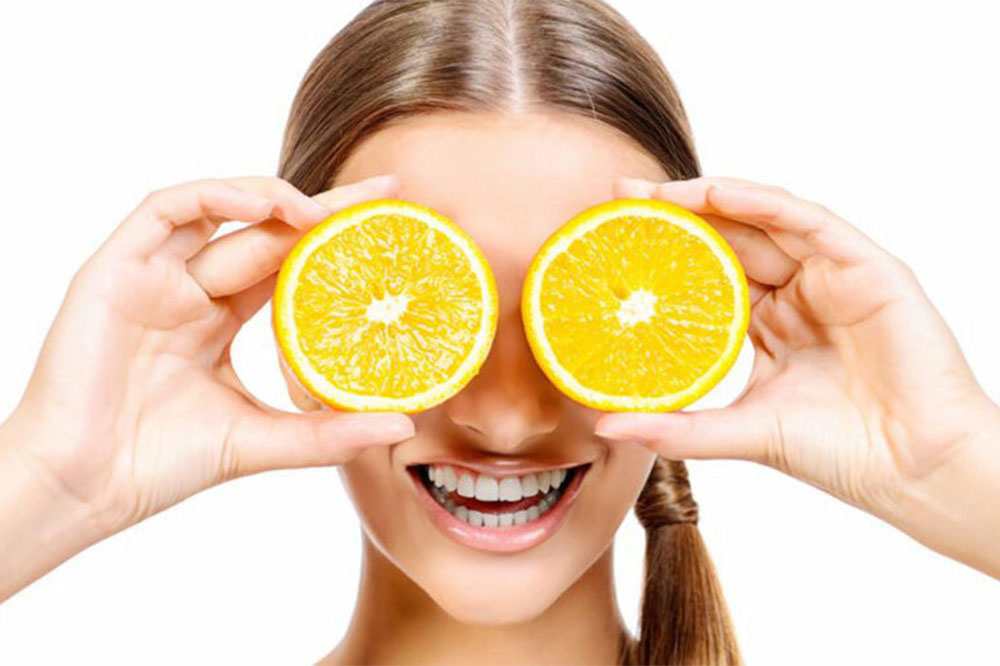Know about the Best Vitamins for Healthy Eyes

Everyone wants a crystal clear eyesight and healthy eyes. We completely depend on our vision for normal functioning, that the thought of diminishing vision is often terrifying. To make sure that you keep your eyes healthy, as you age. It’s important to know the best vitamins for the eyes.
Vitamins are organic compounds that are required by the body in adequate amounts. An organic compound is said to be a vitamin when the body cannot synthesize that particular compound, but that compound is necessary for normal body functions.
Hence, the best way to get vitamins is to consume them in your diet. Supplementation of vitamins may be required in deficiency states, but not for healthy individuals.
Currently, 13 recognized vitamins are essential for the human body.
Vitamins perform a diverse range of functions. They can regulate mineral metabolism, hormone production, cell growth regulation, and also some of them are antioxidants.
Vision care: The best vitamins for the eyes
It is estimated that 75% of people notice a change in their visual acuity by the age of 50. Taking the best vitamins for the eyes is a good preventative measure.
The best vitamins for the eyes include:
- Vitamin A
You might have been told that eating carrots are important for good eyesight. But what about carrots that make it so good for the eyes?
Carrots are a rich source of vitamin A, which helps to prevent macular degeneration and cataracts. Carrots also contain beta-carotene and rhodopsin.
Rhodopsin is a pigment found in the eyes, that is responsible for night vision. Without this pigment, you wouldn’t be able to see clearly at night, or in low-light situations.
Vitamin A is a fat-soluble vitamin and is found in foods like—liver, leafy vegetables, oranges, pumpkins, carrots, yellow fruits, fish, soy milk, and cow milk.
Vitamin A deficiency can result in night blindness, hyperkeratosis (thickening of the skin), and keratomalacia (an eye disorder that affects the cornea). - Vitamin C
Vitamin C or ascorbic acid is a powerful antioxidant and an essential nutrient. The human body does not naturally synthesize vitamin C, and so must be supplemented in the diet.
Vitamin C reduces oxidative stress, contributes to various enzymatic reactions, and improves metabolic functions.
In the eyes, vitamin C helps to prevent cataracts and maintain ocular blood vessels, making it one of the best vitamins for the eyes.
Citrus fruits, spinach, tomatoes, red peppers, potatoes, and broccoli are excellent sources of Vitamin C.



